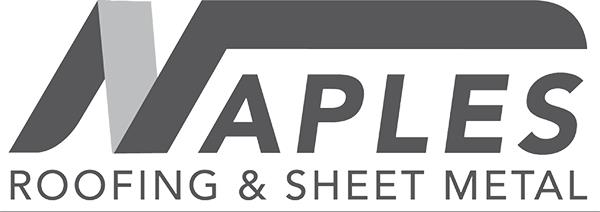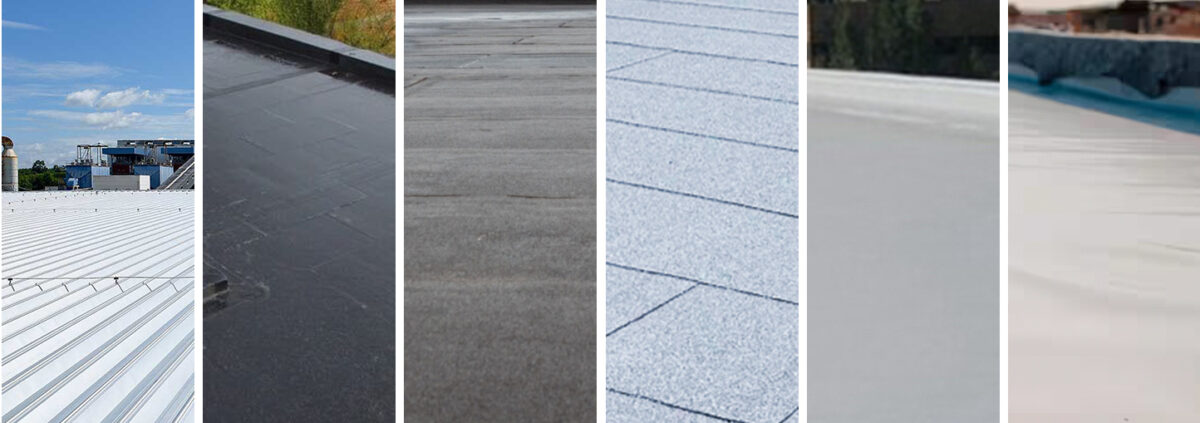What are the Types of Industrial Roofing?
Industrial buildings face a unique set of challenges, from exposure to harsh weather conditions to the heavy wear and tear that comes with constant operations. Roofing, as one of the most exposed parts of the building, plays a pivotal role in ensuring the facility’s longevity and protection. The proper roofing material must be chosen for industrial roofing in usa in order to withstand regional variations in climate and environmental conditions.
A well-chosen industrial roofing system not only shields the structure from external elements like rain, wind, and extreme temperatures but also contributes to the building’s overall energy efficiency. This can significantly reduce energy consumption for heating and cooling, lowering operational costs in the long run.
Additionally, selecting the right roofing type can minimize maintenance expenses. Durable roofing solutions are designed to withstand wear, reducing the need for frequent repairs and replacements. Whether it’s a small manufacturing plant or a large warehouse, choosing the appropriate roofing material is a critical decision that impacts both the building’s performance and operational costs.
In this article, we’ll examine the various types of industrial roofing systems, each offering specific advantages to suit different building needs, climates, and budget constraints. Moreover, by exploring these options and understanding the benefits of each, facility managers and business owners can make informed choices about industrial roofing services that ensure long-term protection and cost efficiency.
The various types of industrial roofing systems
Metal Roofing
Metal roofing is one of the most popular choices for industrial buildings due to its durability and longevity. Typically made from steel or aluminum, metal roofs are resistant to harsh weather conditions, including rain, snow, and high winds. For those seeking professional installation and maintenance, working with an industrial roofing contractor in New York can ensure that the metal roofing is properly installed and maintained. Additionally, metal roofs offer excellent fire resistance, making them a safer option for industrial settings.
Benefits:
- Long-lasting (up to 50 years or more)
- Low maintenance
- Energy-efficient with reflective coatings
- environmentally benign since recycled materials are frequently used to make metal roofs
Built-Up Roofing (BUR)
Built-up roofing (BUR) is a traditional flat roofing system consisting of layers of asphalt, felt, and gravel. Moreover, this roofing type is often used for large industrial buildings with flat or low-slope roofs. BUR systems offer excellent protection against water leaks and are known for their longevity.
Benefits:
- Strong waterproofing capabilities
- UV resistance
- Durable in extreme weather conditions
- Low-cost installation
Modified Bitumen Roofing
Modified bitumen roofing is a type of asphalt-based roofing system designed for low-slope roofs. It’s reinforced with either polyester or fiberglass and is often installed in layers, providing added strength and durability. This type of roofing is popular in industrial settings because it can withstand heavy foot traffic and mechanical damage.
Benefits:
- Highly resistant to punctures and tears
- Easy to install and maintain
- Flexible in fluctuating temperatures
- Strong waterproofing
TPO Roofing (Thermoplastic Polyolefin)
TPO roofing is a single-ply membrane system that is becoming increasingly popular for industrial buildings due to its energy efficiency and affordability. A blend of rubber and plastic creates the membrane, resulting in a strong and flexible roof surface. TPO is a great option for industrial buildings that need a cost-effective, long-lasting, and energy-efficient solution.
Benefits:
- Reflects sunlight, reducing energy costs
- Resistant to UV rays, chemicals, and heat
- Environmentally friendly and recyclable
- Affordable installation and maintenance
EPDM Roofing (Ethylene Propylene Diene Terpolymer)
EPDM roofing is another single-ply membrane roofing system commonly used in industrial buildings. People recognize it for its exceptional durability, weather resistance, and ease of installation. EPDM roofs can last up to 30 years with proper maintenance, making them a cost-effective solution for industrial buildings with flat or low-slope roofs.
Benefits:
- Excellent resistance to extreme weather conditions
- Easy to install and repair
- Low maintenance requirements
- Long-lasting and cost-effective
PVC Roofing (Polyvinyl Chloride)
Contractors commonly use PVC roofing as a durable, single-ply membrane in industrial and commercial buildings. It’s highly resistant to chemicals, fire, and wind, making it an ideal choice for industrial applications that require high levels of protection. PVC roofing is also energy-efficient, with a reflective surface that helps reduce cooling costs.
Benefits:
- Strong resistance to chemicals, oils, and grease
- Excellent fire resistance
- Long lifespan (up to 30 years)
- Energy-efficient with reflective surfaces
Green Roofing
Green roofing, also known as vegetative roofing, is an environmentally friendly option that incorporates vegetation on top of the roof structure. While not as common in industrial settings, green roofs are becoming more popular due to their environmental benefits. These roofs help reduce stormwater runoff, provide natural insulation, and improve air quality.
Benefits:
- Reduces heat absorption, lowering cooling costs
- Improves air quality and insulation
- Environmentally friendly and aesthetically pleasing
- Helps manage stormwater runoff
Conclusion:
Choosing the right type of industrial roofing depends on various factors, including the building’s structure, climate, and budget. Each roofing type offers unique benefits in terms of durability, energy efficiency, and maintenance. Whether you’re looking for a long-lasting solution like metal roofing or a cost-effective option like TPO or EPDM, consulting with an Industrial roofing contractor buffalo,ny can provide valuable insights and ensure you make the best decision for your industrial building’s roofing needs.


